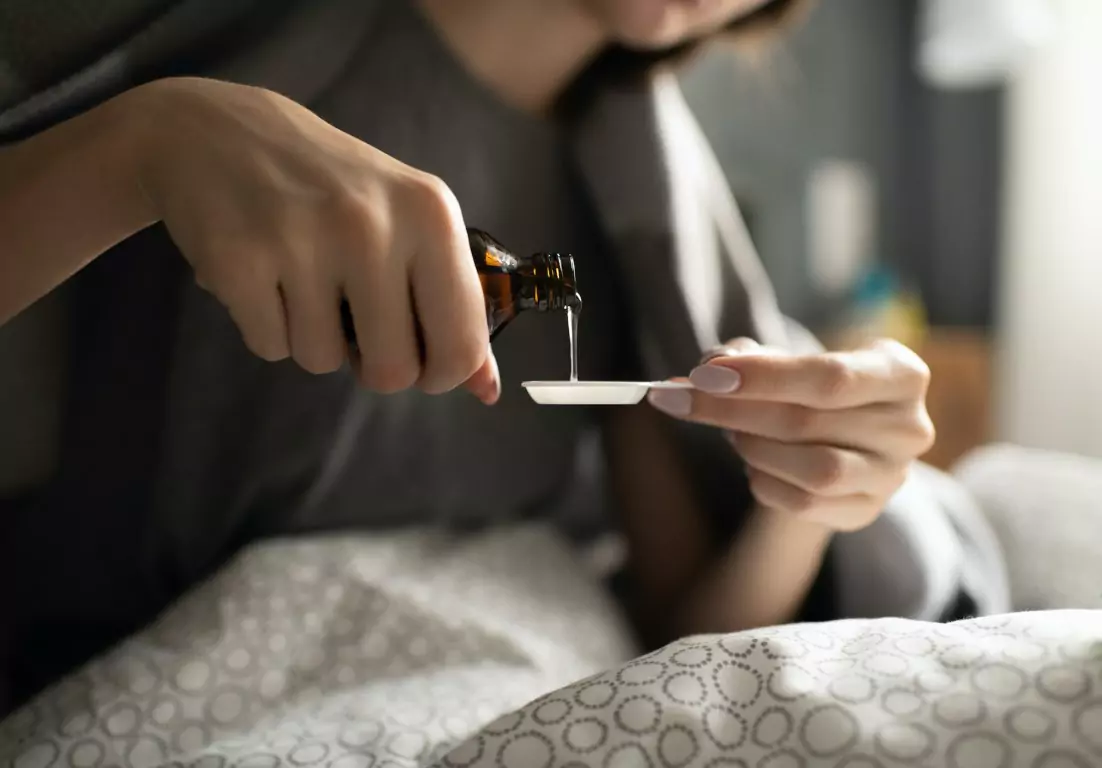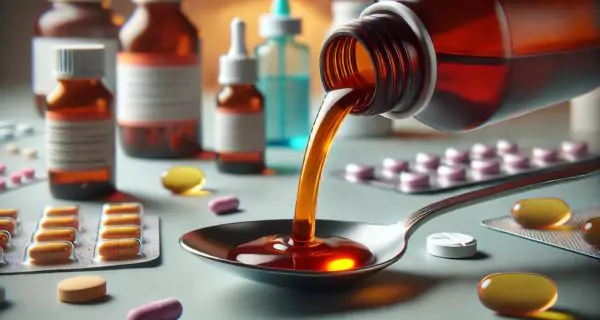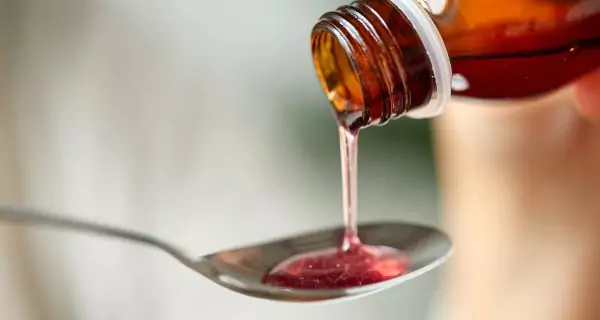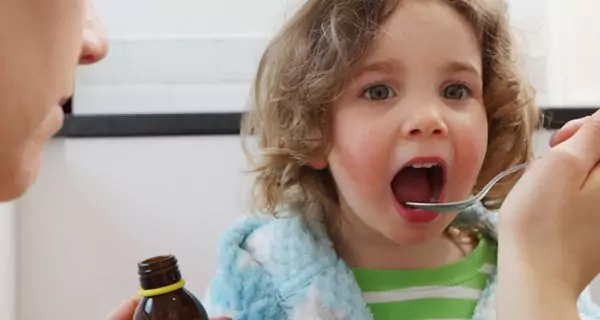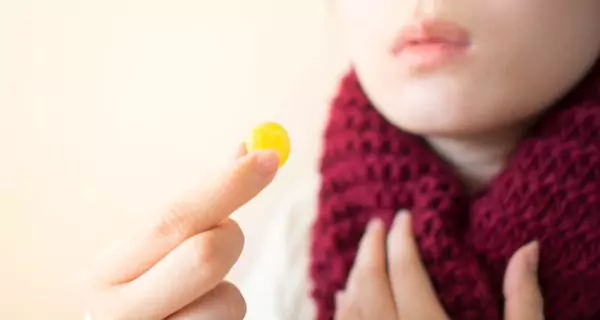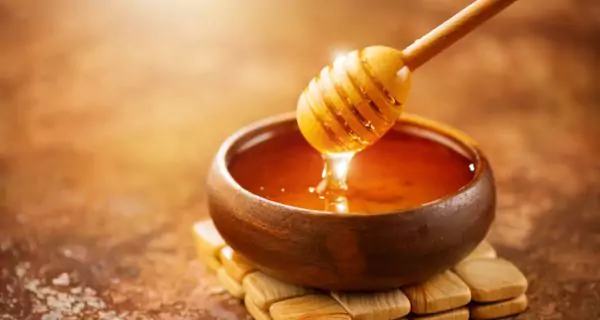Last Updated on: 19th September 2025, 12:31 pm
Cough medicine can harm your oral health because many syrups, lozenges, and drops contain sugar, acids, or alcohol. These ingredients can cause cavities, enamel erosion, and dry mouth—especially if used often or before bed. To protect your teeth, choose sugar-free options, brush or rinse after taking medicine, and avoid doses right before sleeping. Using a straw for liquid medicine and chewing xylitol gum can also help minimize damage.
When you’re fighting off a cold or the flu, it’s only natural to reach for something that brings quick relief. A spoonful of cough syrup, a soothing lozenge, or a menthol candy can calm a sore throat and help you get through the day or night.
But there is something that often goes unnoticed: those same remedies can quietly harm your teeth and gums. Cough syrups, drops, and lozenges often contain sugar, citric acid, or alcohol – ingredients that can lead to cavities, enamel erosion, and dry mouth when used repeatedly without proper oral care. These risks are even greater in children, who tend to take these medicines more frequently and don’t always brush afterward.
In this article, we’ll explore how cough medicine affects oral health and share practical tips and product recommendations to help you protect your smile without sacrificing symptom relief.
What’s in cough medicine could harm your smile?
Cough medicine can bring much-needed relief when you’re dealing with a cold or sore throat. But while these syrups and lozenges help you feel better, they may quietly harm your teeth and gums without you even noticing. Let’s break down which ingredients to watch out for and how they affect your oral health.
1. Sugar: sweet relief with a hidden cost
Many cough medicines taste sweet because they contain added sugars like sucrose, high-fructose corn syrup, or glucose. This makes the medicine easier to take, but not so friendly to your teeth.
Sugar sticks to your teeth and feeds bacteria in your mouth. These bacteria then produce acids that wear away your tooth enamel, which means a greater risk of cavities, tooth sensitivity, and even gum irritation.
2. Acidic ingredients: sneaky enamel erosion
Even sugar-free cough medicines aren’t always safe. Many contain acidic ingredients like citric acid or ascorbic acid (vitamin C) to improve taste or preserve the product.
These acids lower the pH in your mouth, making your enamel soft and vulnerable. Over time, this can lead to:
- thinner, weaker teeth
- increased sensitivity to hot or cold foods
- a higher risk of cavities
Some antihistamines and cold medicines also have a naturally low pH, which means they can be especially erosive, even if they don’t taste sour.
3. Alcohol and dry mouth
Many liquid cough medicines contain small amounts of alcohol. While this helps preserve the product, it also dries out the mouth, which is a big problem for oral health.
This is important because saliva is your mouth’s natural protector. It:
- washes away food particles
- neutralizes harmful acids
- helps keep bacteria under control
When alcohol reduces saliva flow, bacteria stick around longer, increasing the risk of tooth decay, gum inflammation, and oral infections.
Knowing these risks doesn’t mean you should stop taking cough medicine, but it is important to take preventative measures to minimize their impact on your oral health.
When you take medicine matters?
The time of day you take your cough medicine matters. Whether it’s during the day or right before bed, knowing how it affects your teeth will help you take the right steps to protect your smile.
At night: more risk while you sleep
Taking cough syrup or using a cough drop right before bed might help you rest, but it’s not great for your teeth.
At night, your mouth produces less saliva, which normally helps wash away sugar and acids. When there’s not enough saliva, the sugar from medicine stays on your teeth for hours, giving bacteria more time to cause cavities and wear down your enamel.
During the day: trouble from constant use
Even during the day, cough medicine can cause problems, especially if you’re using cough drops all the time.
Most cough drops contain sugar. If you’re sucking on them throughout the day, it’s like having candy in your mouth nonstop. That sugar feeds bacteria, and in return, they produce acid that slowly damages your teeth.
Why are children at higher risk?
Cough medicine is already tricky for adults, but for kids, the risks are even greater.
thinner enamel and developing teeth
Children’s enamel is thinner and not as mineralized as adult enamel, making their teeth more vulnerable. Even short-term use of sweetened syrups or lozenges can have a significant impact on their dental health.
inconsistent oral hygiene
Many children skip brushing when they’re tired or feeling unwell. If they take medication before bedtime and don’t clean their teeth afterward, sugar and acid can sit on their teeth all night, accelerating tooth decay.
How can you prevent oral damage from cough medicine?
While it’s not always possible to avoid using cough medicine, there are several simple strategies to reduce its impact on your oral health.
1. Rinse or brush after taking medicine
After taking a liquid syrup or sucking on a lozenge, brush your teeth with fluoride toothpaste. This helps wash away the sugar and acids before they get a chance to harm your enamel.
If you don’t have a toothbrush handy, just rinse your mouth with water to remove residue. You can also chew sugar-free gum with xylitol, which boosts saliva flow and helps clean your mouth naturally.
2. Avoid taking medicine right before bed
If possible, don’t take cough medicine right before going to sleep. Your mouth produces less saliva at night, so sugar and acids from the medicine sit on your teeth for hours, increasing the risk of cavities.
Try to take your medicine earlier in the evening…maybe with dinner. If you do need to take it before bed, make sure to rinse or brush your teeth afterward.
3. Use a straw for liquid medicines
Using a straw when drinking liquid cough syrup helps the medicine go straight to your throat, bypassing your teeth and lowering the risk of enamel damage. It’s especially helpful for kids who take medicine often.
4. Choose sugar-free products
Whenever possible, pick sugar-free syrups, drops, or lozenges. Look for labels that mention sweeteners like xylitol or sorbitol; they’re much safer for your teeth, and xylitol may even help fight the bacteria that cause cavities.
5. Take medicine with meals
Try to take your medication with food. Chewing helps your body make more saliva, which is great for rinsing away sugars and acids.
6. Consider a pill instead
If there’s a pill version of the medicine you need, go for the pill instead of the liquid. Pills don’t coat your teeth the way sugary syrups do, so there’s much less risk to tooth enamel.
You shouldn’t have to suffer through a cold just to protect your teeth, but being a little mindful goes a long way. With just a few extra steps, like brushing after medicine, choosing sugar-free options, or using a straw, you can recover comfortably while keeping your smile safe.
What are the recommended oral care products during cough medicine use?
A strong oral hygiene routine helps counter the effects of medicine and keeps your teeth healthy, even during the cold and flu season.
- Fluoride toothpaste and mouthwash: Fluoride helps repair and protect enamel. Use a fluoride toothpaste twice a day and consider adding a fluoride mouthwash if you’re taking cough medicine regularly.
- Alcohol-free mouthwash: If your medicine already contains alcohol, avoid using an alcohol-based mouthwash too. Choose gentle, alcohol-free versions that won’t dry out your mouth even more.
- Chewing gum with xylitol: Gum with xylitol stimulates saliva, helping to cleanse the mouth and reduce bacteria. It’s a great option during the day, especially when brushing isn’t convenient.
- Soft-bristled toothbrush: If your gums feel sensitive during illness, use a soft-bristled brush. It’s gentle but effective and great for both adults and kids.
What are natural alternatives to cough medicine?
If you want relief without the added sugars or acids, there are natural remedies worth trying:
- Honey (for kids over 1 year old): Honey has natural antimicrobial and soothing properties. A teaspoon before bed helps calm a cough, without the additives found in commercial syrups.
- Herbal teas: Warm teas made with chamomile, licorice root, or ginger can soothe the throat and hydrate the mouth, without damaging your enamel.
- Steam and humidifiers: Sometimes, the best remedy isn’t something you swallow. Steamy showers and humidifiers can relieve congestion and throat irritation naturally, helping you breathe and rest better, with no sugar or acid involved.
While cough medicine plays an important role in relieving symptoms, it’s essential not to overlook your oral health while using it. Ingredients like sugar, acids, and alcohol can cause cavities, erode your teeth, and dry out your mouth.
With a few simple daily habits—like brushing after each dose, choosing sugar-free products, and opting for natural alternatives when possible—you can protect your oral health without having to stop treating those annoying cough symptoms.
Frequently Asked Questions
What should I do if I have to take cough syrup at night?
Can I just chew gum after taking cough medicine instead of brushing?
How do I know if a cough syrup is damaging my teeth?
Should I give my child water after cough syrup if brushing isn’t possible?
Is brushing too soon after acidic medicine harmful?
Voice and Search (Q&A)
How can I protect my teeth when taking cough syrup?
Brush your teeth or rinse your mouth with water after taking syrup. Choose sugar-free products and use a straw to reduce contact with your teeth.
What cough medicine ingredients harm teeth?
Sugar, citric acid, and alcohol can damage teeth by causing cavities, enamel erosion, and dry mouth if used frequently.
Is it safe to take cough medicine before bed?
It’s better to avoid taking syrup right before bed. If needed, rinse or brush afterward because saliva flow is low at night and sugar stays on your teeth longer.
Share
References
1. BDJ. (2006). Medications and cough syrups may cause cavities. British Dental Journal. 200(2), 70. https://doi.org/10.1038/sj.bdj.4813215
2. Collins, R. (2025, 15 March). Best Cough Medicine: A Complete Guide. Very Well Health. https://www.verywellhealth.com/choosing-over-the-counter-cough-medications-770663
3. JADA. (2005). How medications can affect oral health. The Journal of American Dental Association, 136(6), 831. https://doi.org/10.14219/jada.archive.2005.0269
4. Miller, K. (2025, 1 February). Oral Side Effects of Medications. WebMD. https://www.webmd.com/oral-health/oral-side-effects-of-medications
5. Nirmala, S., Popuri, V., Chilamakuri, S., Nuvvula, S., Veluru, S., & Babu, M. (2015b). Oral health concerns with sweetened medicaments: pediatricians′ acuity. Journal of International Society of Preventive and Community Dentistry, 5(1), 35. https://doi.org/10.4103/2231-0762.151973
-
Dr. Yeidy Carolina Mesa [Author]
DDS Yeidy Carolina Mesa Passionate Dentist | Advocate for Accessible Oral Health Education Graduating from Universidad CES in 2022, I am a dedicated general dentist with a lifelong passion for helping others and making a meaningful impact in the world. My journey into dentistry began at the age of 7, inspired by my own experience with braces and overcoming a fear of the dentist. This personal journey shaped my mission to help patients conquer their own dental anxieties and embrace a healthier,...
View all posts
-
Nayibe Cubillos M. [Medical Reviewer]
Pharmaceutical Chemestry |Pharmaceutical Process Management | Pharmaceutical Care | Pharmaceutical Services Audit | Pharmaceutical Services Process Consulting | Content Project Manager | SEO Knowledge | Content Writer | Leadership | Scrum Master
View all posts
A healthcare writer with a solid background in pharmaceutical chemistry and a thorough understanding of Colombian regulatory processes and comprehensive sector management, she has significant experience coordinating and leading multidisciplina...


